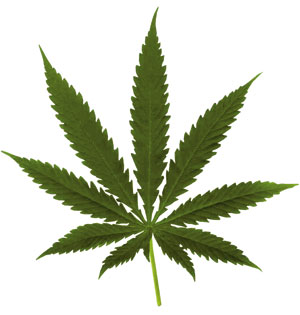Why are U.S. drug laws so draconian? Partly it’s because Congress wants it that way, but partly it’s because the United States is a signatory to the Single Convention on Narcotic Drugs, which pretty much requires us to keep the production and distribution of psychoactive drugs prohibited. Because of this, there’s not much chance of  significantly changing our drug laws unless we also change the Single Convention. That’s why Mark Kleiman thinks a recent joint declaration of Colombia, Guatemala and Mexico could be “significant news.” Here are some key excerpts:
significantly changing our drug laws unless we also change the Single Convention. That’s why Mark Kleiman thinks a recent joint declaration of Colombia, Guatemala and Mexico could be “significant news.” Here are some key excerpts:
We declare:
….2. That despite the efforts of the international community over decades, the use of [illicit drugs] continues to increase globally, generating substantial income for criminal organizations worldwide.
….6. It is urgent to review the approach so far maintained by the international community on drugs, in order to stop the flow of money from the illicit drug market.
….10. That the United Nations should exercise its leadership, as is its mandate, in this effort and conduct deep reflection to analyze all available options, including regulatory or market measures, in order to establish a new paradigm that prevents the flow of resources to organized crime organizations.
Click the link to read the whole thing. The language is obviously cautious, but it seems clear that these three countries, which have suffered more than most from drug-related violence, would like to rethink the Single Convention in order to make the drug trade less lucrative. This might or might not go anywhere, but it’s certainly worth some attention from anyone who wants to see drug laws rationalized. Renegotiating the Single Convention won’t happen anytime soon, but it’s a necessary first step.

















